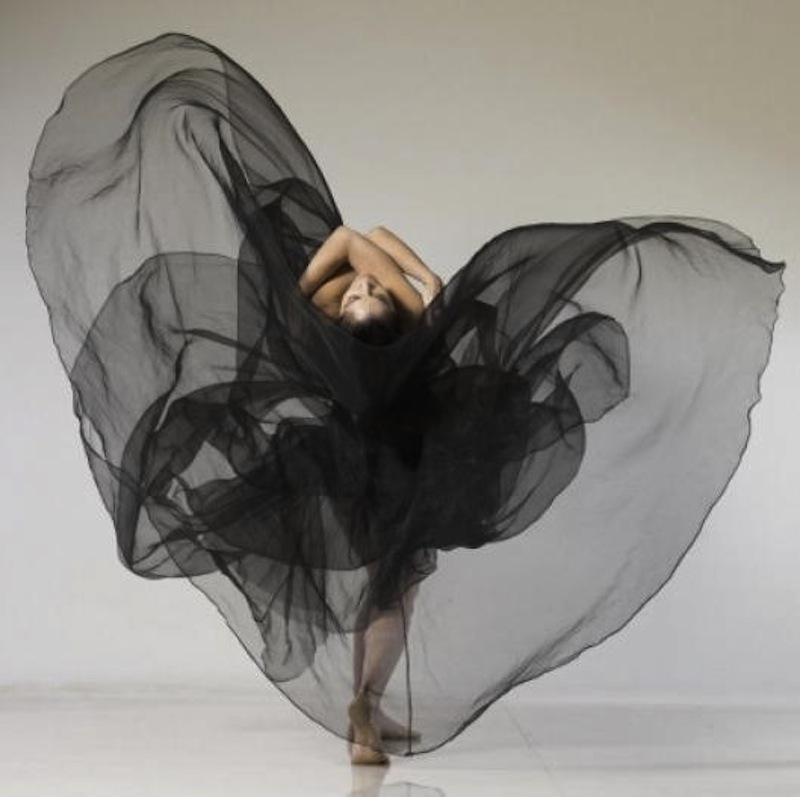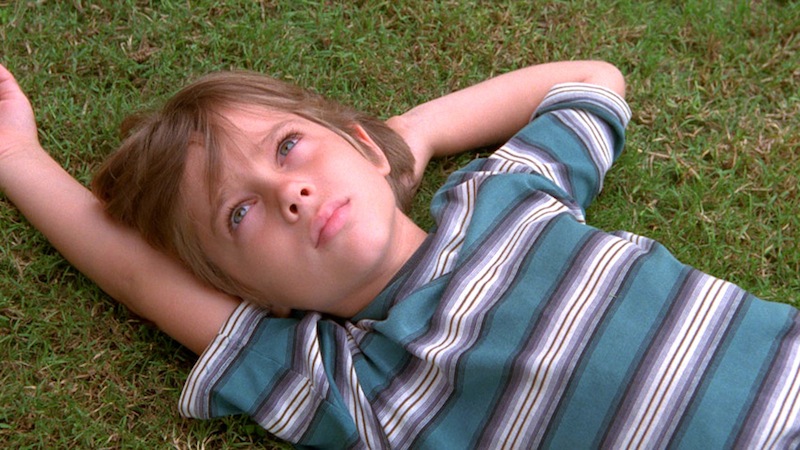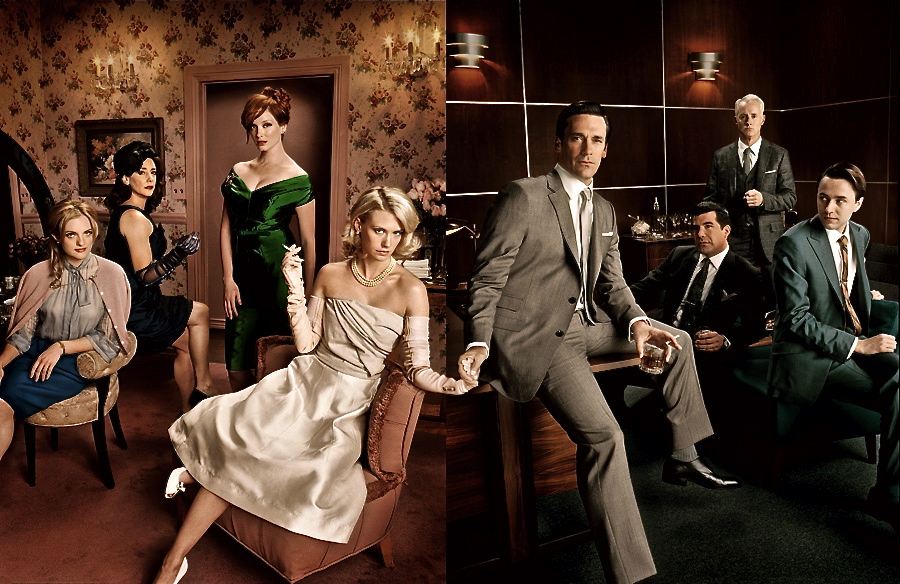The Bar Virtue
Alissa Wilkinson
 It's always a long day at work, but today was especially long: a student meeting sandwiched in between two meetings with advancement at the college, and three lectures to prep, and the copier breaking down, and an article to publish. I customarily repair to a pub down the street a few days a week to wrap up my workday, right about when the walls of my small office start to close in on me. I try to go early and leave early, when I can. But today I didn't make it here till almost seven o'clock. I still got a seat.
It's always a long day at work, but today was especially long: a student meeting sandwiched in between two meetings with advancement at the college, and three lectures to prep, and the copier breaking down, and an article to publish. I customarily repair to a pub down the street a few days a week to wrap up my workday, right about when the walls of my small office start to close in on me. I try to go early and leave early, when I can. But today I didn't make it here till almost seven o'clock. I still got a seat.
They know me here. They gave me the WiFi password months ago. They slip me extra food or a pint they accidentally poured for someone else. Today, I got here and started to order, and the bartender immediately leaned in and said, conspiratorially, “You know, we have an Imperial IPA on tap now.” I've been griping about the proliferation of Oktoberfest for weeks. They know what I like.
I started coming here almost a year ago, partly because some sleuthing revealed they pour my favorite Irish microbrew, and partly because it's close to work. Low lights, but not too low. No sports in the side of the bar where I usually sit, though I traded spots briefly during the World Cup. Polite clientele, unlike most of the places near Wall Street. And lots of history—my husband recently looked up from his laptop to tell me that it's the oldest bar in New York City. George Washington bid his troops farewell right here.
I've spent a few late nights here with friends, and a few more alone, cranking through the to-do list. When I ran the New York City Half-Marathon last March, I ran over the finish line and straight here, where they were pouring stouts at ten o'clock in the morning. I've made friends with the bartenders and recommended books and talked about movies and chuckled at antics, and I've written many thousand words perched in the same seat where I am, right now, writing a few hundred more. I've eavesdropped on more awkward conversations than I can count and chatted with (mostly Irish) tourists and tried a few weird beers, and I have always felt safe.
When people ask me how I work while perched at a bar, I point out that many New Yorkers work in coffeeshops—and of course, everyone has their favorite one. Some are loud. Some let you be anonymous. At some, your barista knows your drink; others have free coffee refills. But for me, the bar is the right place: I don't have time to write till evenings, I don't want to drink caffeine late in the day, coffeeshops in New York close by 7pm, and besides, once you figure out that drinking slowly is fine, a nicely poured pint is the perfect thing to make an evening of tasks more tolerable.
Tonight, I'll duck out in an hour or two, after I tick off the final item on my to-do list—it's a work day, after all—and trade some conversation with the bartender. I'll leave feeling like I haven't been “out,” because in some sense, I haven't; I've been at one of my comfortable places. It's a gift to have a place where you are a regular, a place where everybody knows not just your name, but your drink, and your occupation, and the fact that you're married and would rather not deal with unwanted attention from some rando down the bar, and what book you're reading right now.
Rosie Schaap, who wrote the “Drink” column for The New York Times, wrote a book called Drinking with Men, all about the joys of regularhood. And she says this: “Although loyalty is upheld as a virtue, bar regularhood—the practice of drinking in a particular establishment so often that you become known by, and bond with, both the bartenders and your fellow patrons—is often looked down upon in a culture obsessed with health and work. But despite what we are often told, being a regular isn’t synonymous with being a drunk; regularhood is much more about the camaraderie than the alcohol. Sharing the joys of drink and conversation with friends old and new, in a comfortable and familiar setting, is one of life’s most unheralded pleasures.”
I couldn't have said it better myself.







